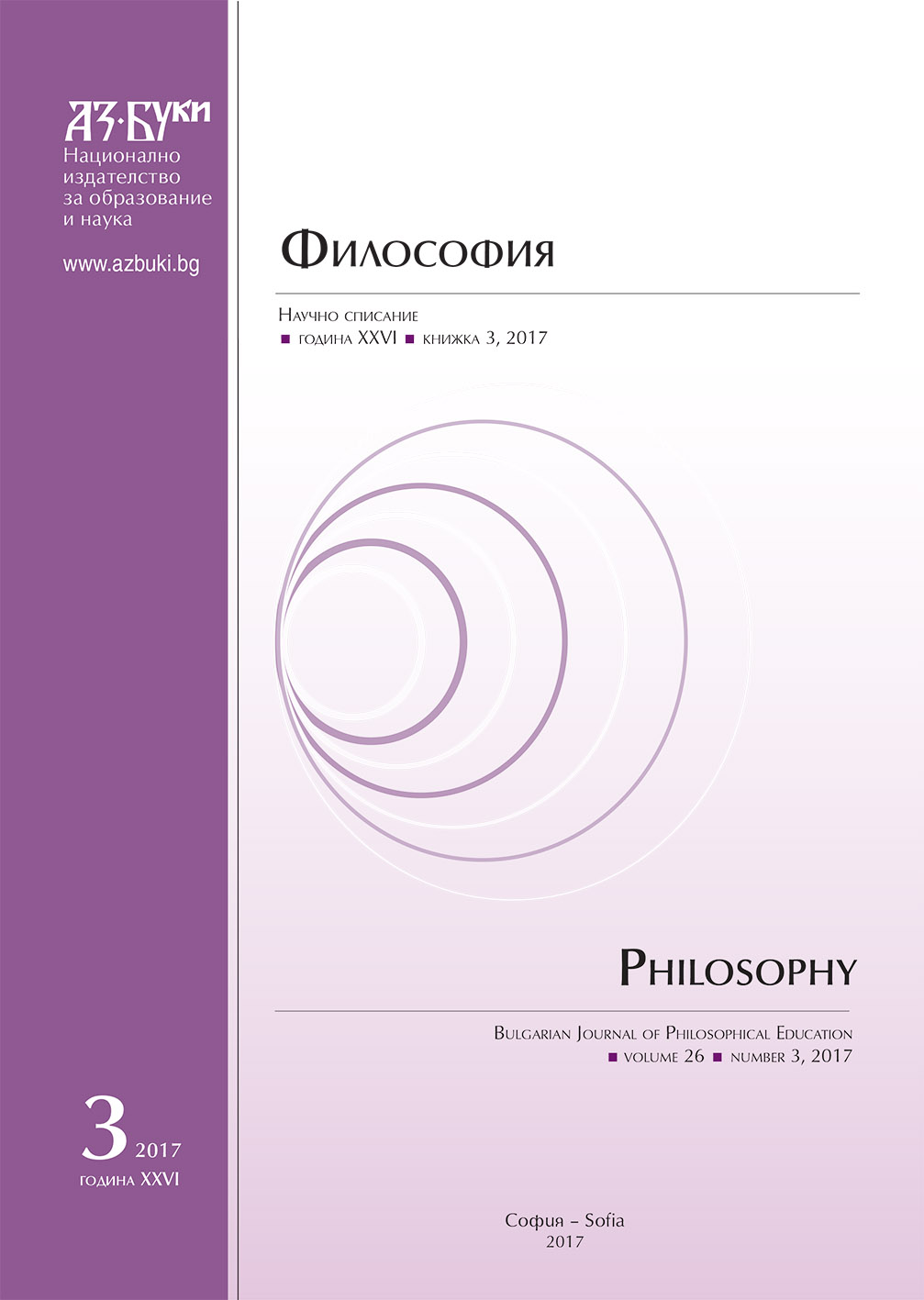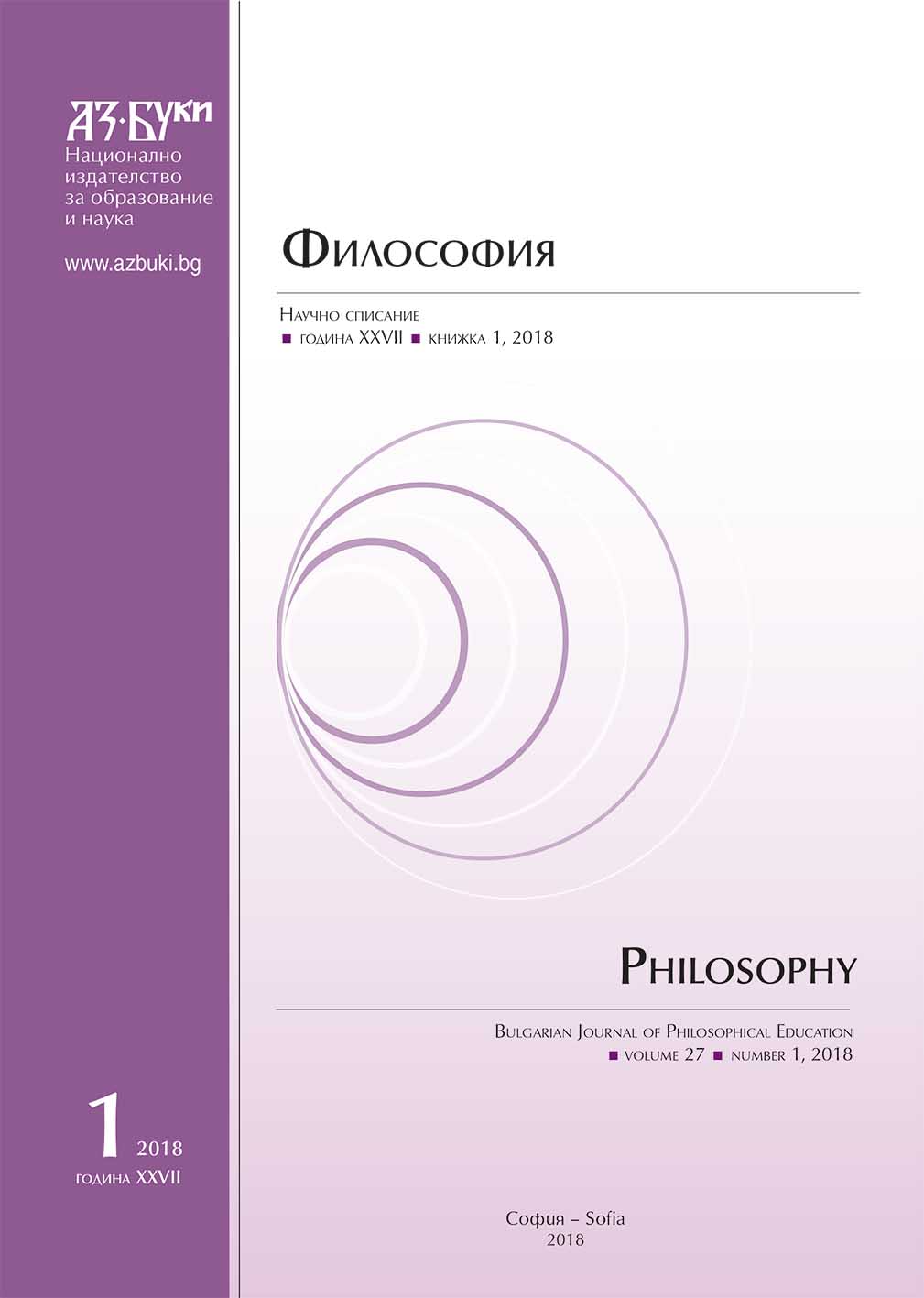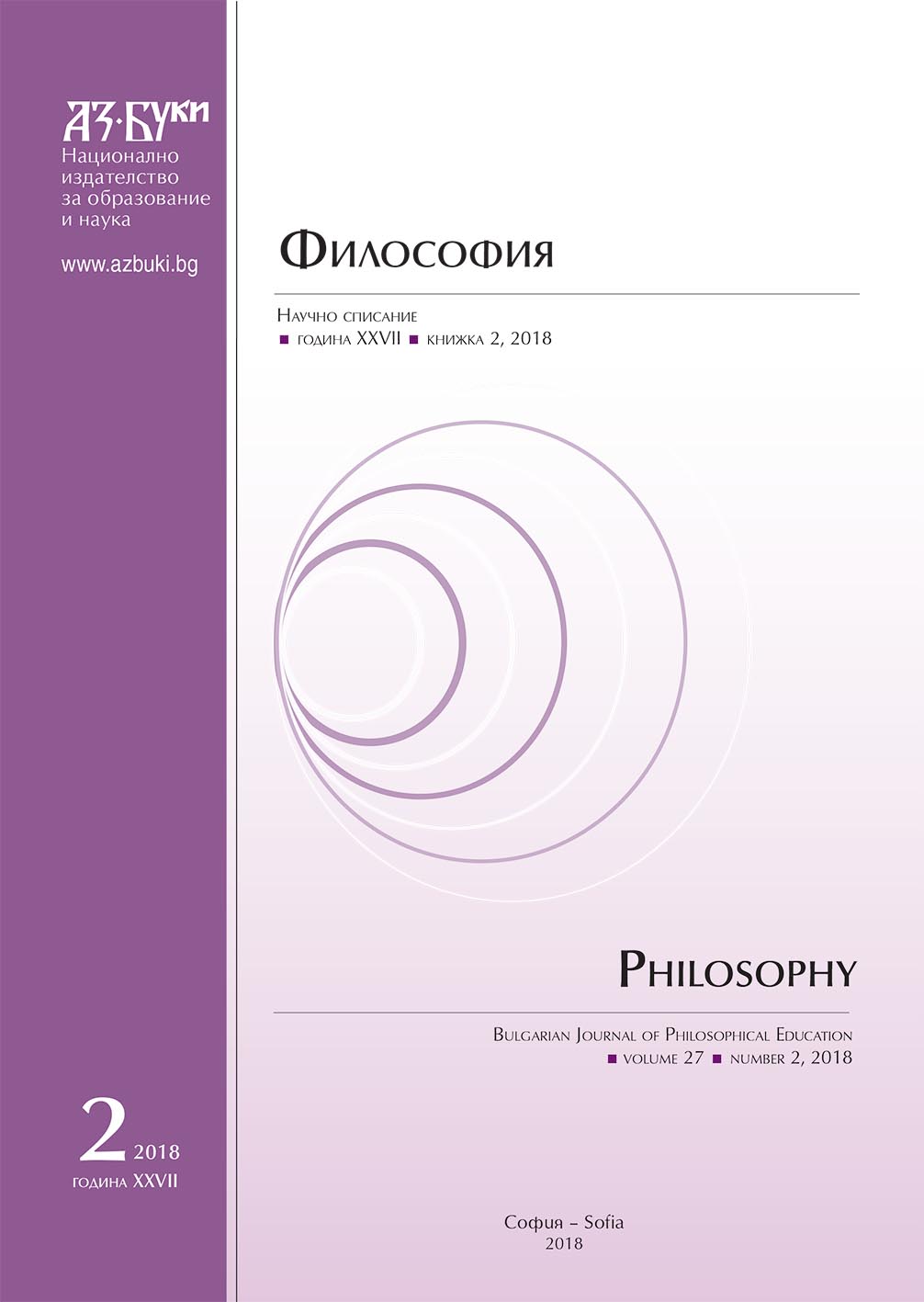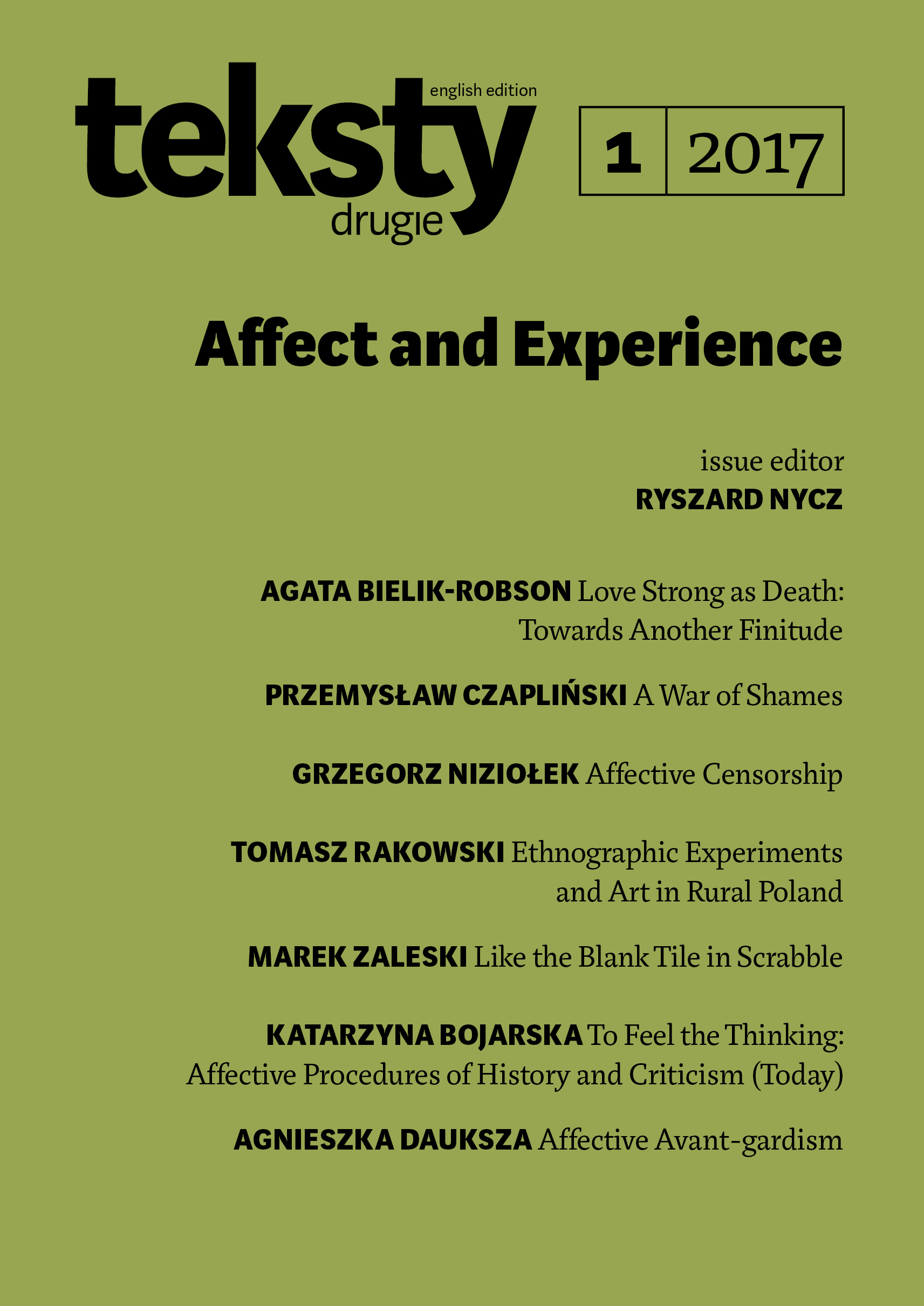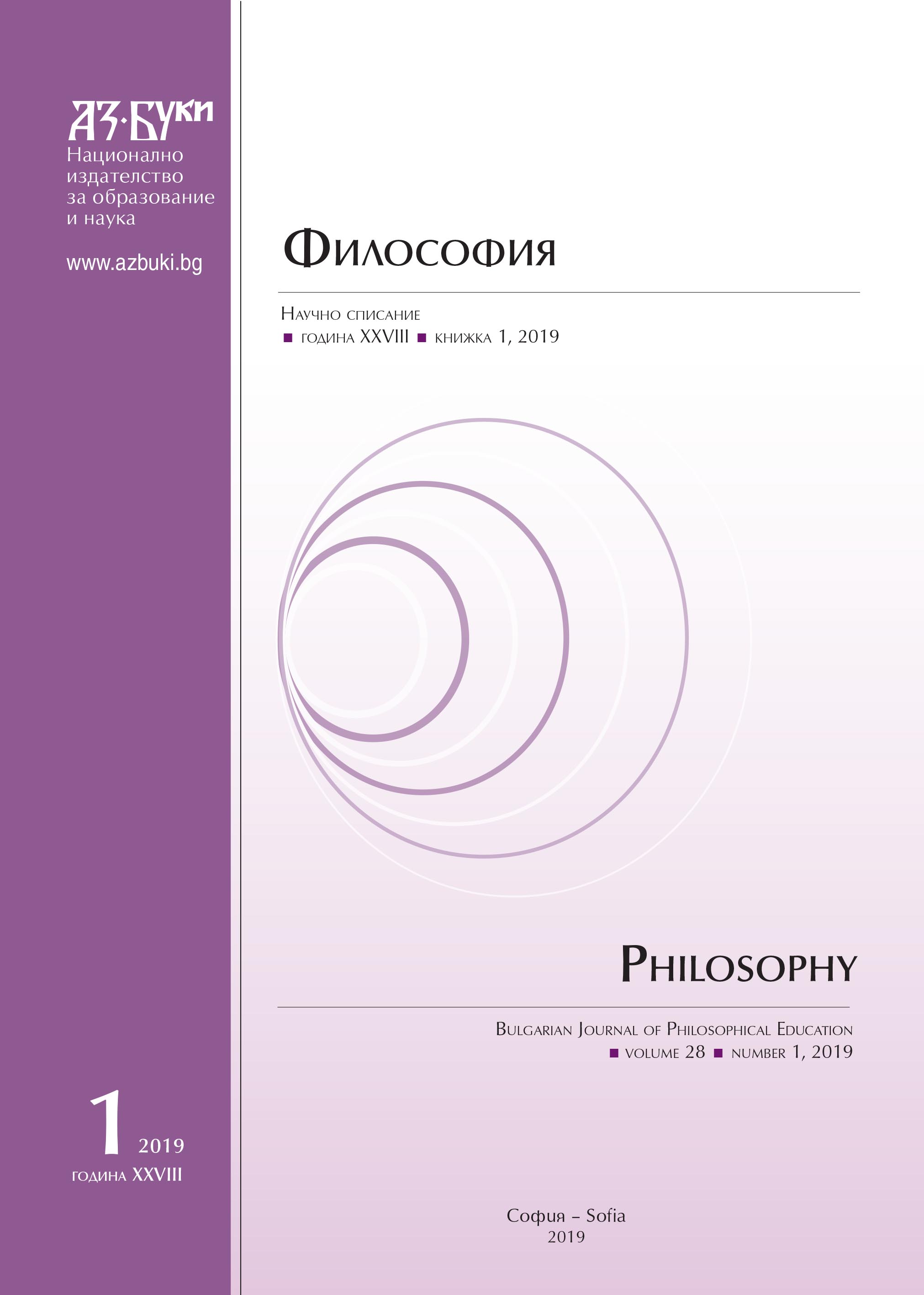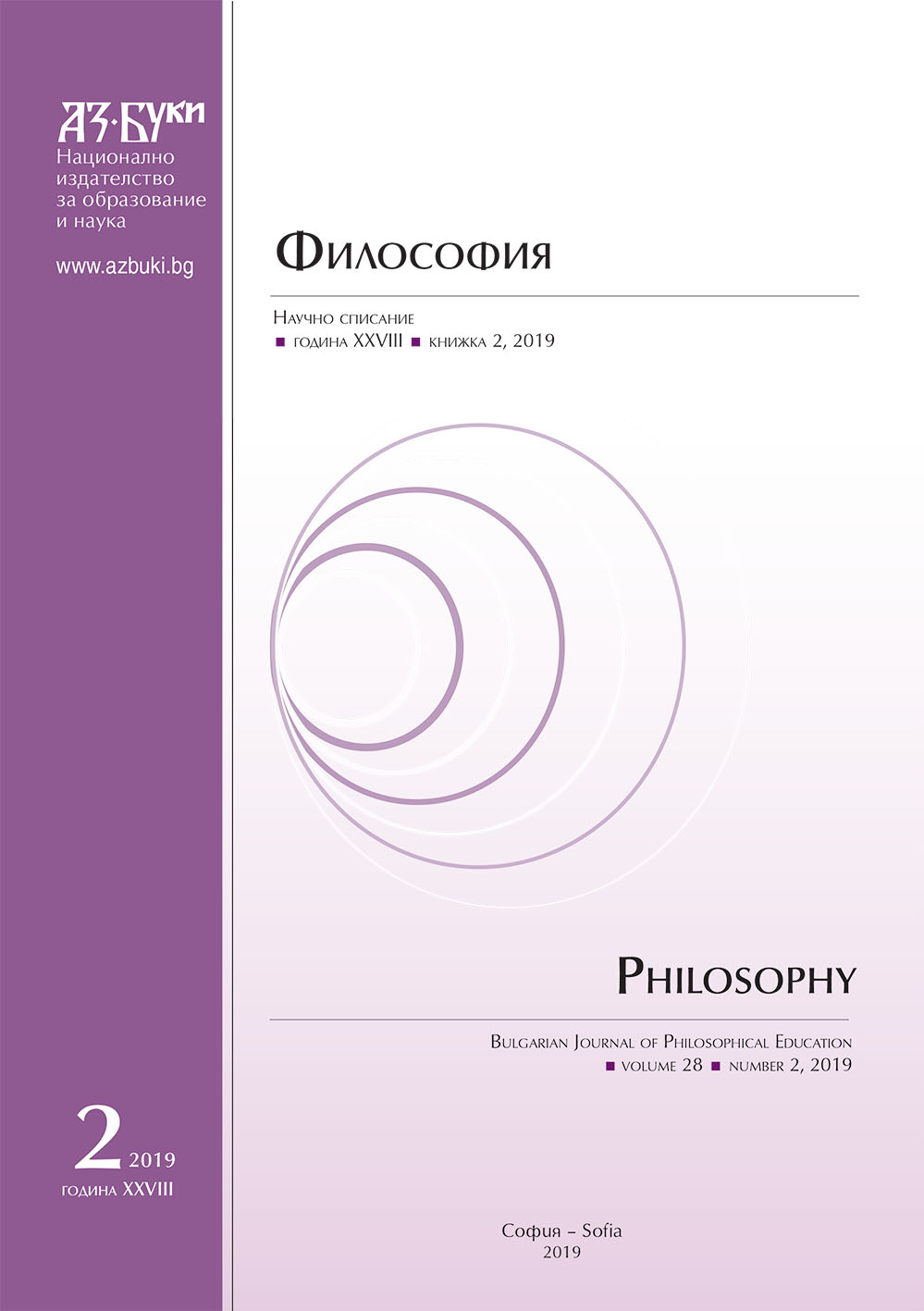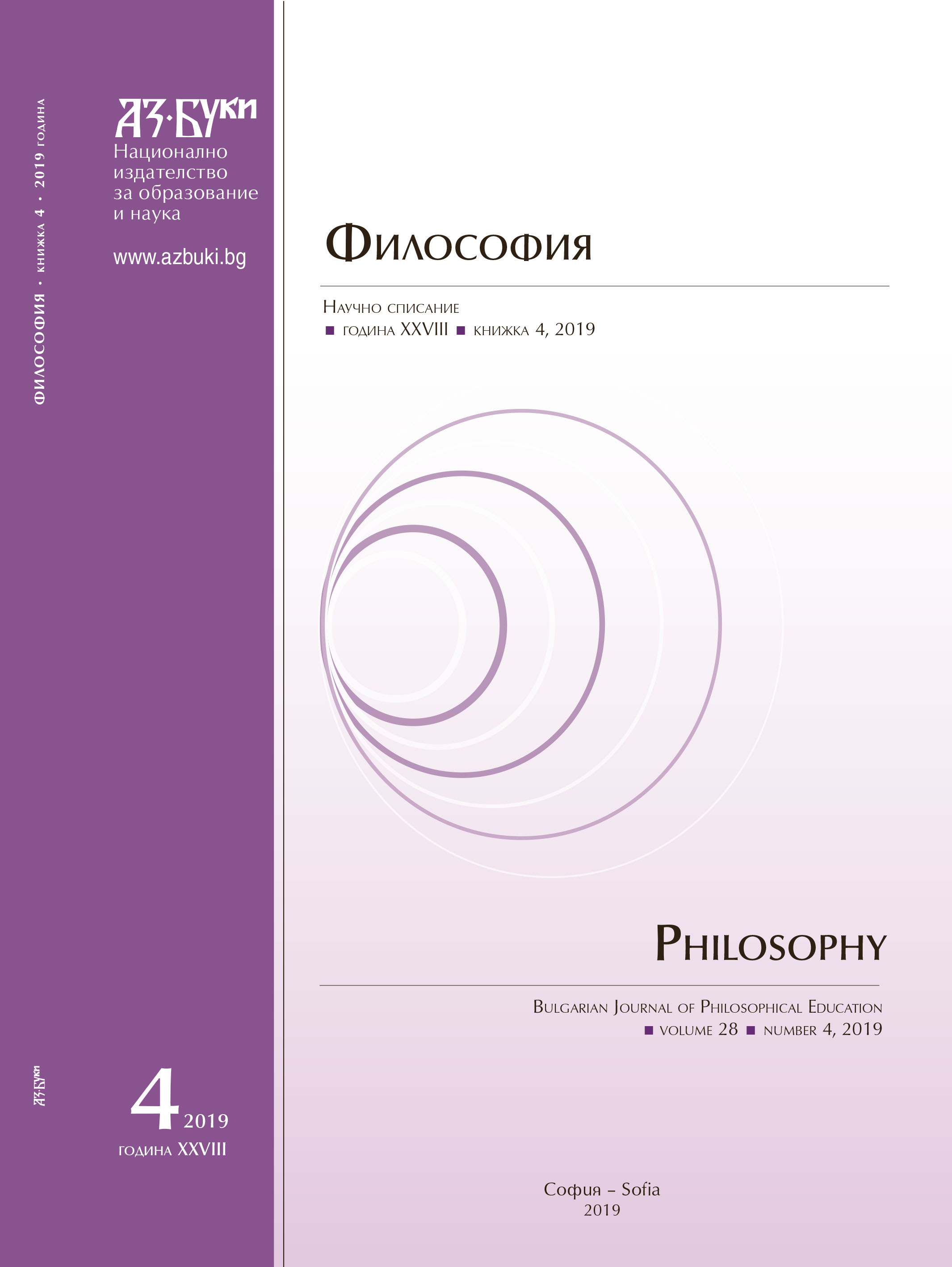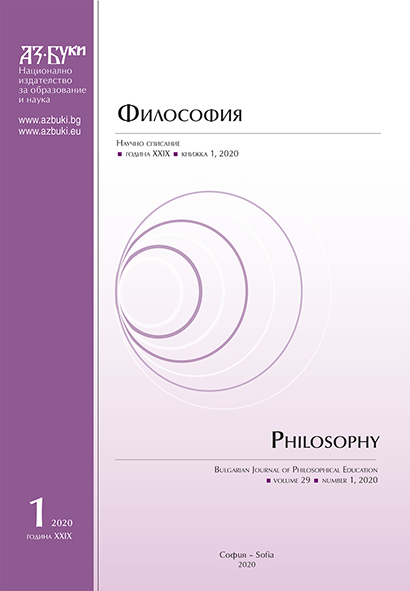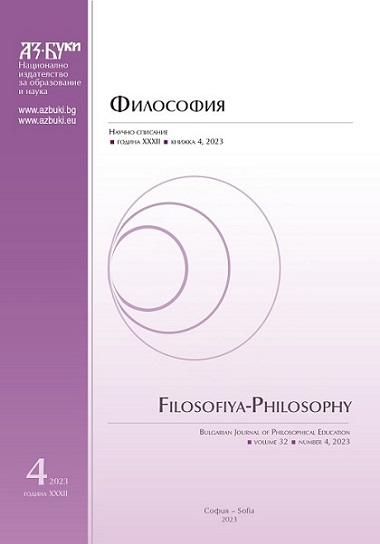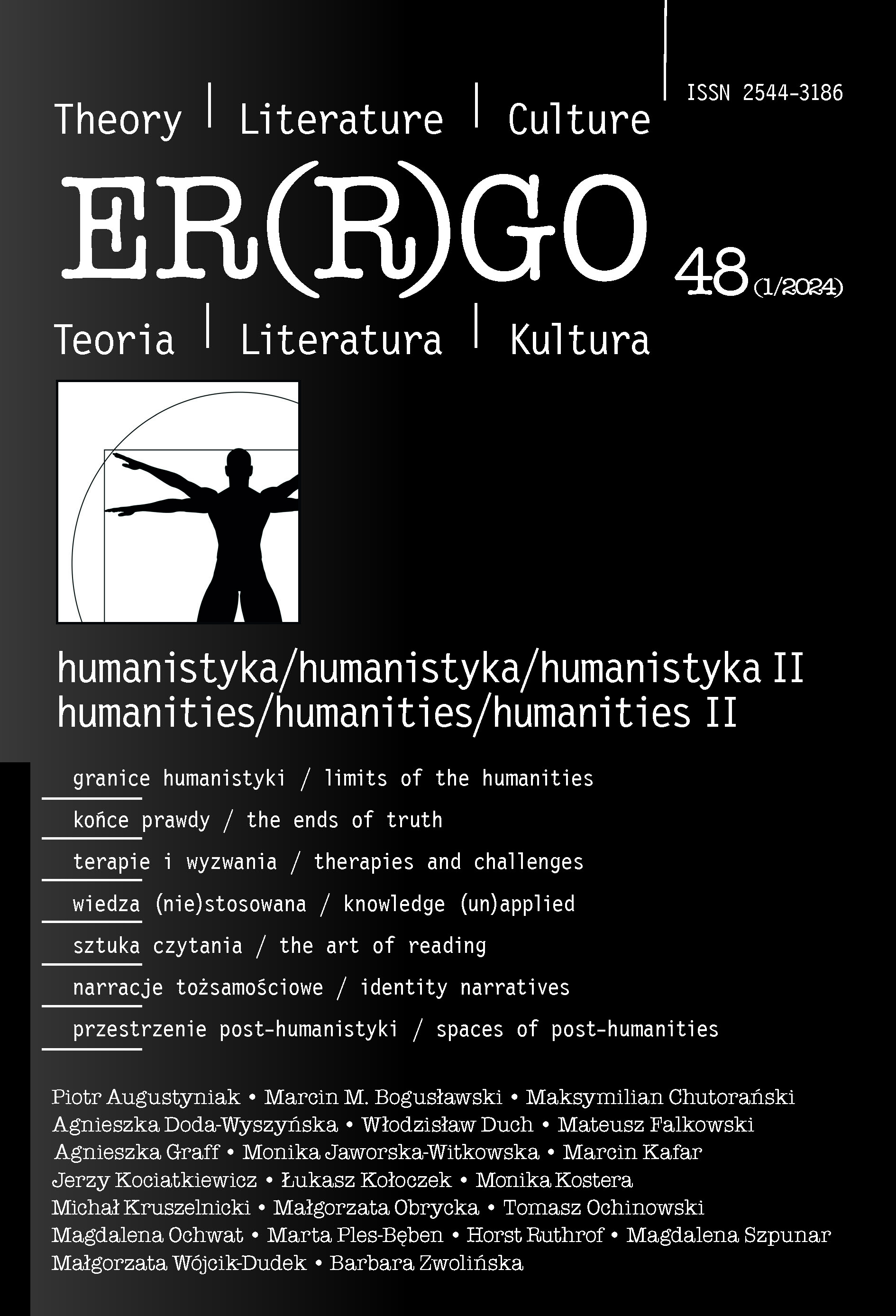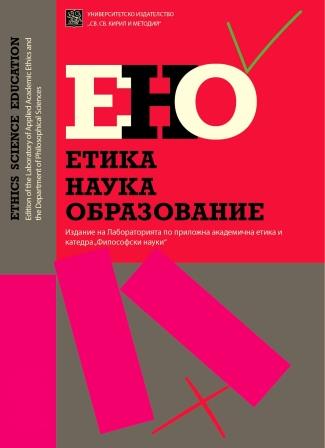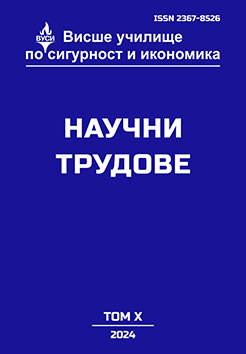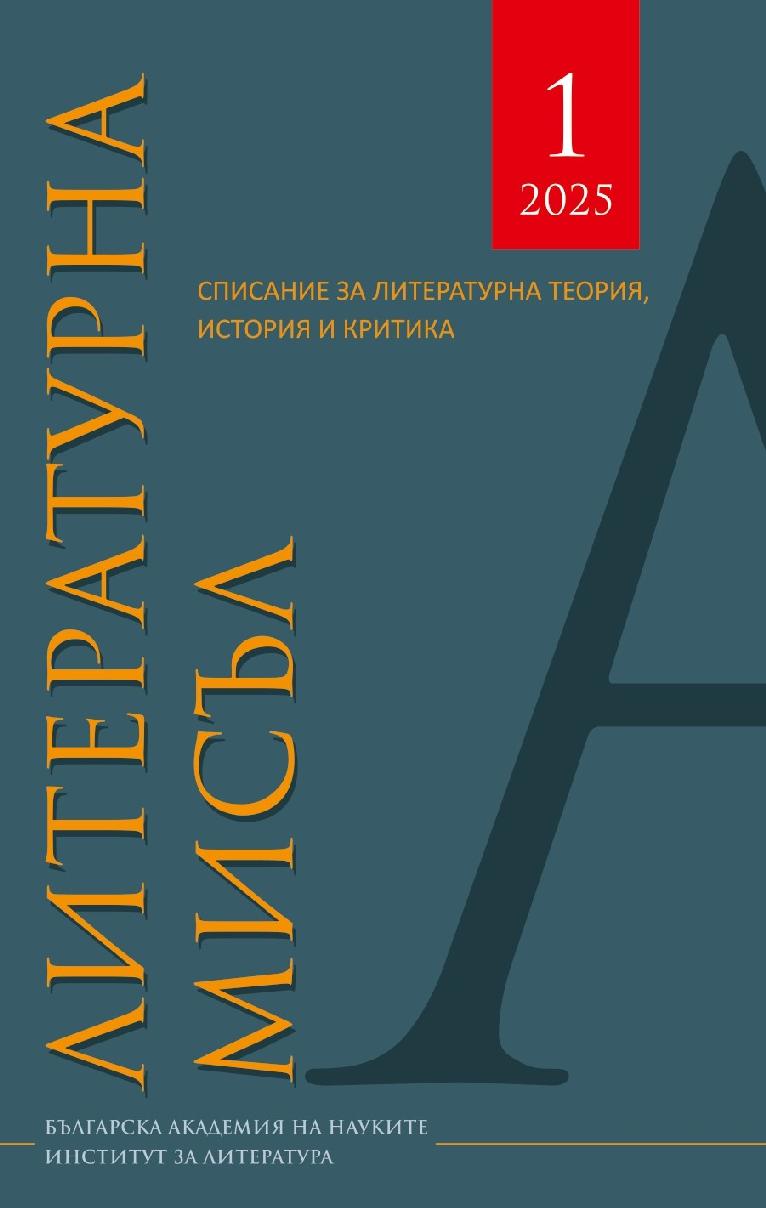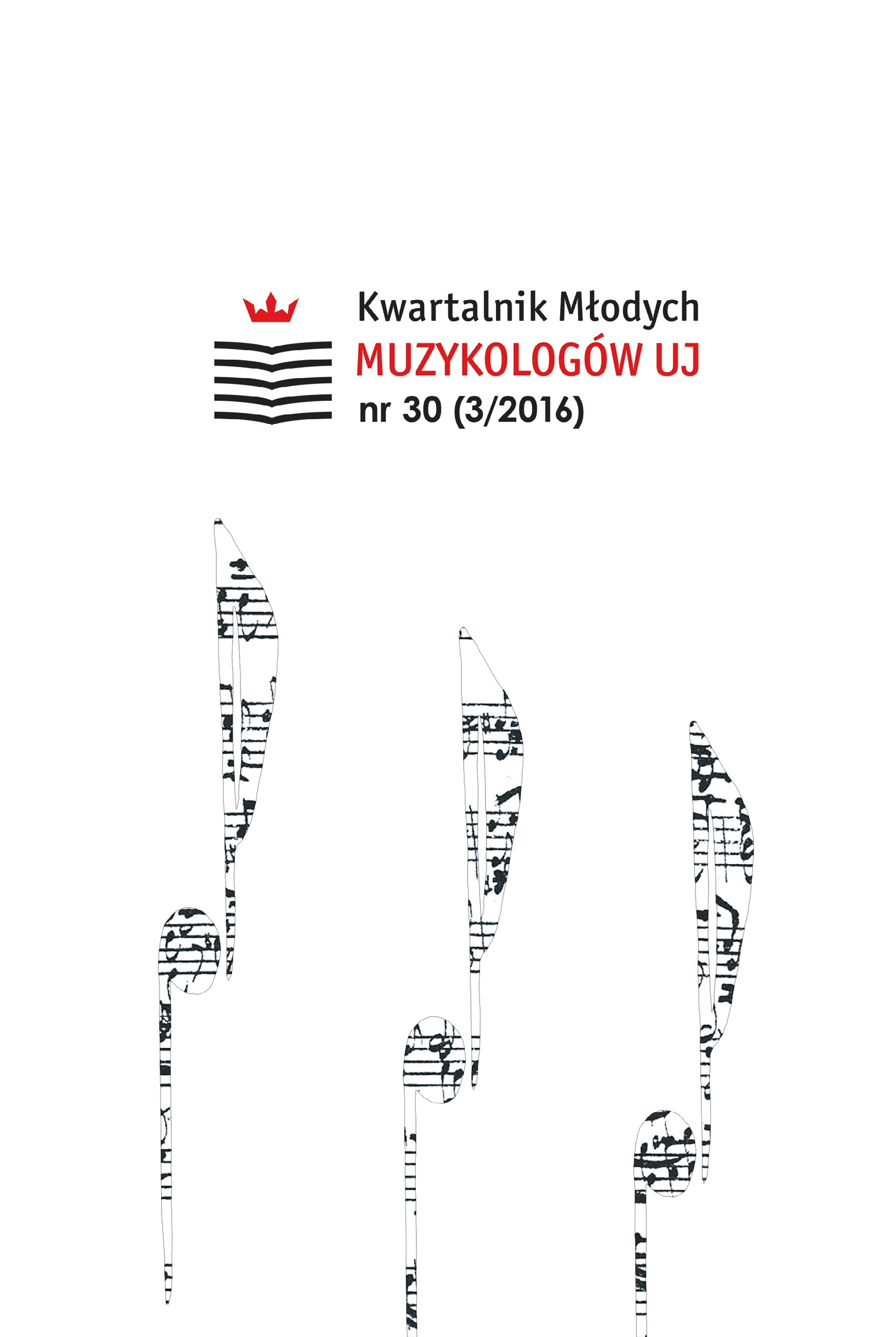
The phenomenon of reciprocal mirroring of Bachelard’s study L’eau et les rêves: essai sur l’imagination de la matière, Debussy’s Des pas sur la neige and Thaulow’s La Rivière Simoa en hiver
This paper examines the relationship between Bachelard’s (Gaston Bachelard, 1884–1962) philosophical comprehension of the water element, Debussy’s (Claude Debussy, 1862–1918) musical interpretation of the water phenomenon and Thaulow’s (Frits Thaulow, 1847–1906) intellection of the same element in painting. More precisely, having in mind the snow as one of aggregate states of water, I will explore via examples of Bachelard’s study on water and dreams – L’eau et les rêves essai sur l’imagination de la matière (Water and Dreams. An Essay on the Imagination of Matter, 1942), Debussy’s composition Des pas sur la neige (Footprints in the snow, Book I, 1909–1910) and Thaulow’s piece La Rivière Simoa en hiver (Winter at Simoa river – from a series of images of the Simoa river, unknown date), the reciprocal relationship of their artistic perception, as well as their interpretation of the water phenomenon. These three authors have devoted a significant “expanse” of their oeuvres to their interpretation of the phenomenon of water. In the mentioned “expanse”, their creative interpretations encounter, intertwine, and interrelate. In other words, in this “expanse” of interpretation of the water psyche, we can detect the correspondence between Bachelard’s, Debussy’s and Thaluow’s poetics of the water vastness. Therefore, through the analytical and comparative approaches, my aim is to emphasize the correspondence among Bachelard’s (philosophical), Debussy’s (musical) and Thaulow’s (painterly) representations of the water element and to demonstrate which compositional and expressive methods Debussy employs to embody his understanding of the phenomenon in question.
More...
